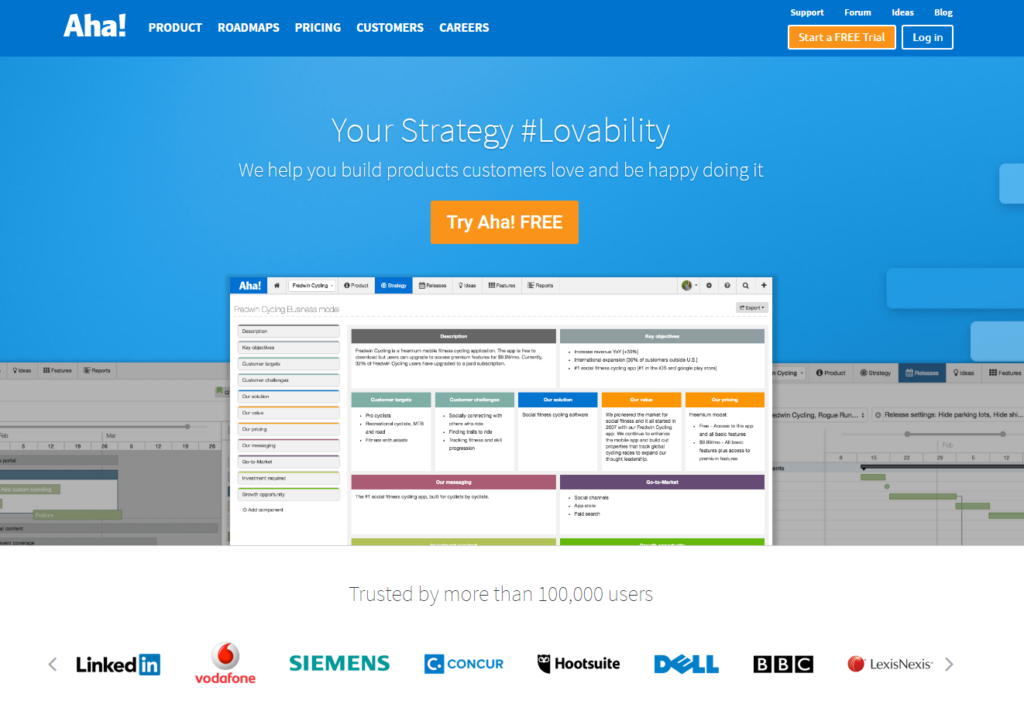Getting your startup organized doesn’t have to be hard work, but considering the investment of your time and money into building your own business, it makes sense to put in place the right tools to keep the background processes running smoothly while you focus on core objectives. While large and established enterprises have departments set up to manage everything from human resources to infrastructure to marketing to operations, as the leader of a new startup the final responsibility lies always with you. Implementing tech services to cover the following areas will free up time so you’re able to actively engage with customers and control essential product and service delivery.
First things first, building a strong and detailed strategy turns a dream into a goal, and implementing effective project management keeps you on track. Not only does this serve the purpose of laying a foundation upon which to build a solid business, but it also provides potential investors with a clear view of the strength of your proposition and might even at this early stage help build some hype with your future target market. A range of tools exists to suit just about every pocket providing services from strategy formation to product brainstorming to goal and task management. Consider Aha! for a top rated ‘product roadmap’ software, or Asana for a flexible tracker that provides a big picture view with the ability to zoom in on individual tasks.

The way we work is changing and today’s new businesses often choose a path entirely different to that of traditional models; offices don’t have to be conventional, and in some cases needn’t exist at all. With remote working options, shared office spaces, and mobile headquarters, all you really have to be clear on is how your teams will communicate. Happily, collaboration tools have come a long way, and aside from the ‘old faithful’ Skype for always-on digital interaction, tools like Trello and Slack make team sharing and collaboration a cinch.
Tasks, to-dos, reminders… Yes, you could stick a little yellow Post-It on your computer screen, but running a startup isn’t likely to leave you whiling away the hours on Pinterest, so it’s probably better to have a mobile app that keeps you alerted. Google Keep and Evernote are two flexible tools to help keep you on track.
No matter what field you enter, there will be data… Lots of it. Thankfully, cloud tools have come a long way in the last few years and you won’t have to set up your own data management solutions. For storage, security, sharing, and backup, consider something like Google Drive or Dropbox with their cross-platform capabilities and flexible data management solutions. Of course, as you grow, you’ll probably want to start investigating some of the fully-loaded platforms offered by the likes of Amazon, Oracle, and Microsoft but for starters, basic data management tools can do the trick.
One of the modern world’s first marketing strategies, getting your business known on social media can be a prolific start to building brand awareness. Facebook, Twitter, Pinterest, LinkedIn, Instagram… Try a savvy social management tool like Agorapulse or HootSuite to save on time and quickly reach a large audience.
And finally, although it’s perhaps not all about the money, financial success tends to be a key tenet in business. Managing income and expenses effectively and transparently means one less headache and ensures overall business success can be properly tracked and measured. The time may come when hiring an accountant will be necessary, but in the early days software like Wave and Freshbooks provide cost-effective and clear bookkeeping solutions.
With the right back-end tools and services in place supporting business efficiency you’re free to build a business that’s more than mere administration.
By Jennifer Klostermann





